DMLT stands for Diploma in Medical Laboratory Technology. It is a two-year diploma program that is designed to train students to work as medical laboratory technicians or assistants. The program focuses on laboratory procedures and techniques used in the diagnosis and treatment of diseases.
The course curriculum of DMLT includes theoretical as well as practical aspects of medical laboratory technology. The theoretical part covers subjects like anatomy, physiology, pathology, microbiology, immunology, biochemistry, and hematology. The practical part includes laboratory experiments and training in areas such as blood banking, clinical pathology, histopathology, and cytology.
During the course, students are also trained in laboratory safety protocols and the use of laboratory equipment and instruments. They learn how to collect, analyze, and interpret laboratory samples and data accurately and efficiently. The course also emphasizes the importance of quality control and quality assurance in laboratory testing.
After completing the DMLT program, graduates can find employment opportunities in a variety of settings, such as hospitals, clinics, diagnostic laboratories, research facilities, and blood banks. They can work as laboratory technicians or assistants, phlebotomists, laboratory supervisors, or quality control specialists.
Overall, DMLT is a popular course for students who are interested in pursuing a career in the healthcare industry, particularly in laboratory sciences. It provides them with the necessary skills and knowledge to succeed in this field.
| Semester I | Semester II |
|---|---|
| Human Anatomy | Human Pathology |
| Basic Human Science | Basic pathology |
| Fundamentals of MLT | Microbial Instrumentation |
| Basics of Clinical Biochemistry | Fundamental Biochemistry |
| English Communication | Information and Communication Technology |
| Professional Activities | Community Development |
| Semester III | Semester IV |
| Human Physiology | Histopathological Techniques |
| Metabolic and Technical Biochemistry | Clinical Microbiology |
| Clinical Hematology | Clinical Biochemistry |
| Community Development Activities II | Clinical Pathology |
| Technical Microbiology | Pathology Lab |
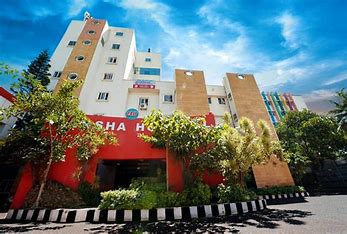
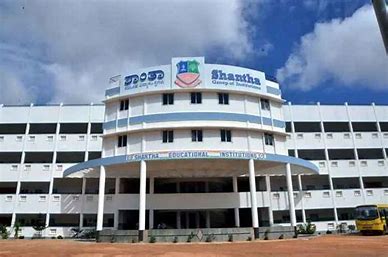
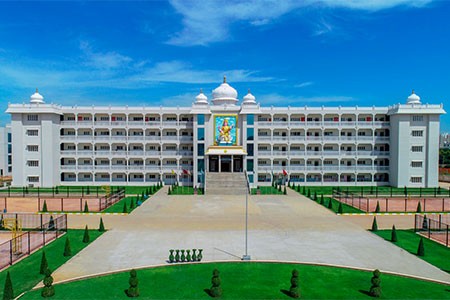
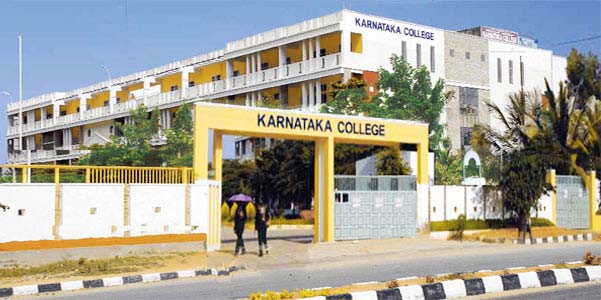
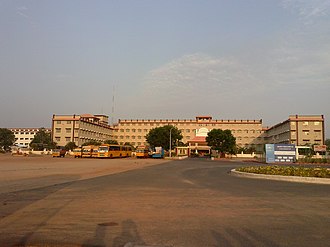
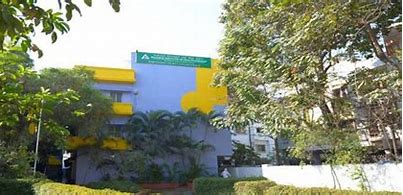
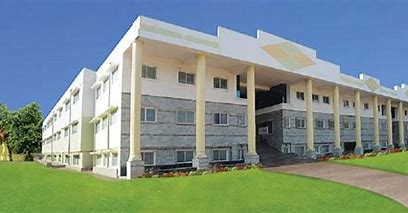
Student Review About Course